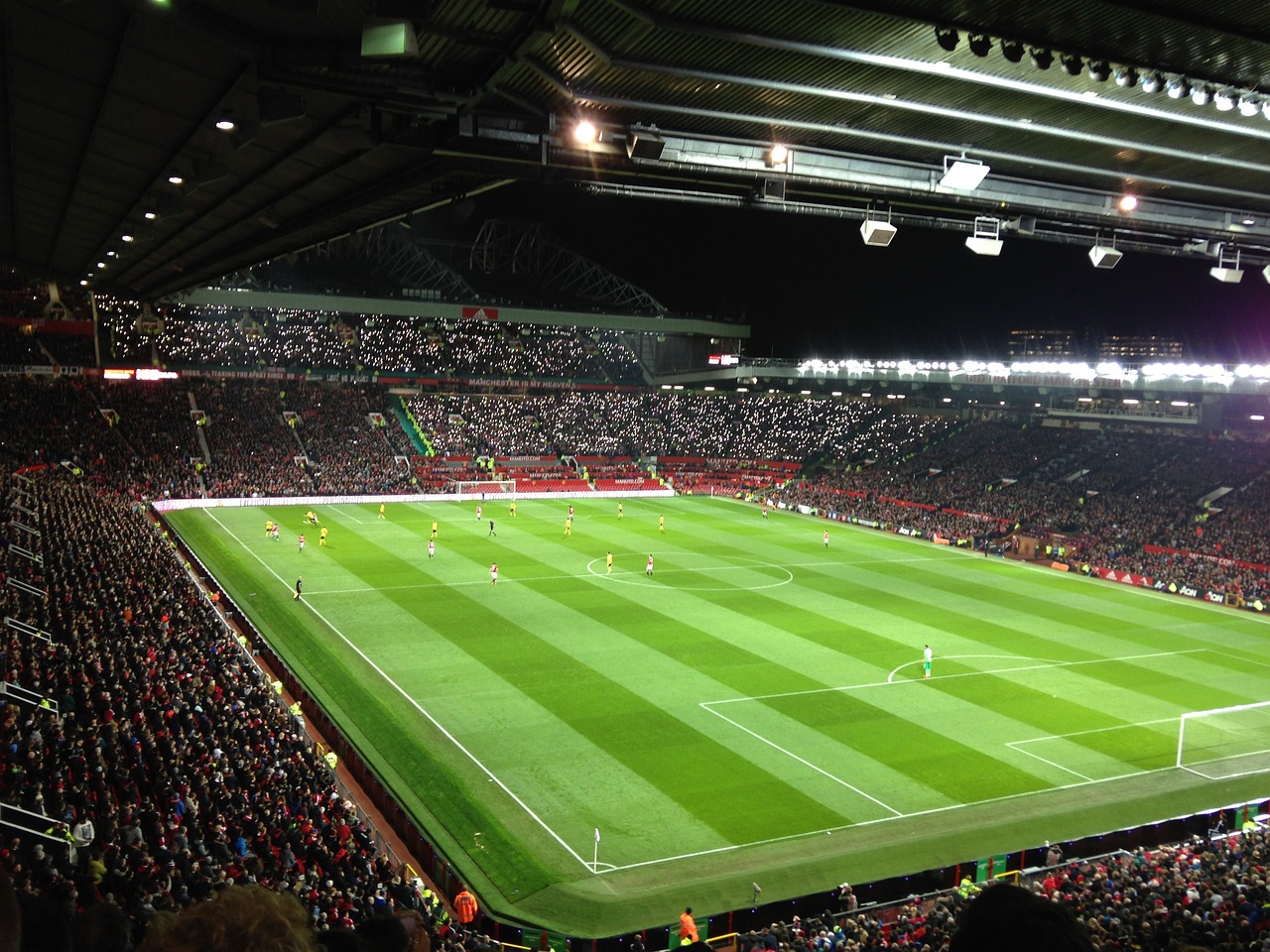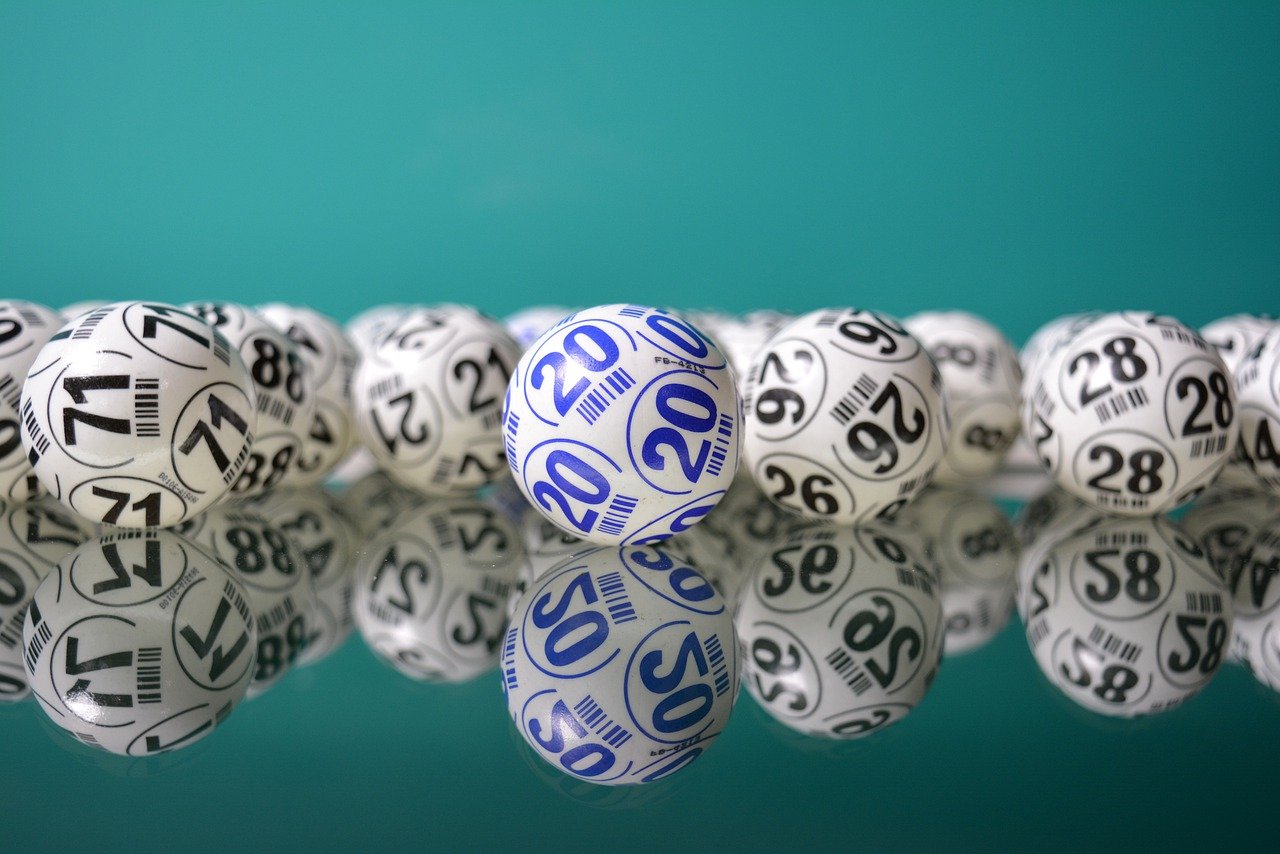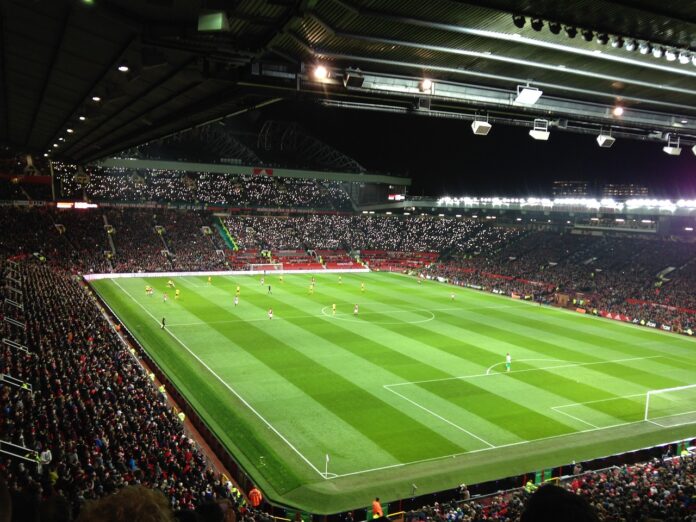On 29 June, the Court of First Instance of Tournai rejected the arguments of the operators and sports teams on the grounds that the decree was lawful and can therefore enter into effect. This removed the final legal hurdle before the imposition of Belgium’s near total gambling ad ban, which is due to begin tomorrow.
“I am pleased that the judge confirms that this drastic restriction on gambling advertising is a proportionate and legally based measure,” said Minister of Justice Vincent Van Quickenborne, responding to the decision. “Hopefully this will put an end to all attempts at lobbying and legal sabotage from the gambling sector and sectors addicted to gambling money.”
The legal challenges
On 24 March, several major Belgium sports organisations announced that they would be looking to fight the Royal Decree. The country’s top level association football and ice hockey leagues, the Pro League and the BeNe League, went to court to have the ban suspended.

In addition to these major proceedings, a number of other sports teams and operators simultaneously filed suits in 11 other courts throughout Belgium. The Ministry of Justice speculated that the number of cases filed was in order to maximise the chances of success.
The court ruled against the Pro League and BeNe League in its decision, arguing that that since the bans sports sponsorship provisions are not set to enter into effect until 2027, there is plenty of time for the sports organisations to prepare.
Multiple cases fail
Courts made judgements on similar reasoning with cases involving other organisations aiming to have to ban overturned Club Brugge, Cercle Brugge, OH Leuven, KV Kortrijk, KRC Genk and Napoleon Games.
The remaining cases – which were brought to a number of separate courts by RFC Seraing, Standard Liège, Racing Molenbeek, Brussels Basketball, Continuum Sports Belgium, Golden Palace and SA Gambling – were all referred to the Tournai court, which ruled on the matter as a single case.
Ultimately, the court ruled against the operator-sports team coalition. The court did so on the grounds that the Royal Decree pursues a “legitimate aim of public interest”.
“It is time for everyone to accept the new reality: from July 1, the tidal wave of gambling advertising in our country will be over,” said Van Quickenborne.
“As of 1 July, we are finally fully protecting the many addicted gamblers and their families from its devastating impact. With these measures we will also protect minors against its normalising effect.”
Belgium’s gambling ad ban
From 1 July, most forms of gambling advertising are to be banned nationwide. This includes on television, radio, in print and online. In contrast with the Dutch gambling advertising ban – which is to also enter into effect on 1 July – the Belgium case makes no distinction between untargeted and targeted advertising, with personalised advertising also set to be prohibited.
The kinds of gambling advertising tolerated is to be minimal. For instance, the name and logo on the retail premises of a casino, slot parlour or betting shop will be allowed. As will placing gambling advertising on your own gambling website and unsponsored posts on social media accounts.
Gambling sponsorship will remain in place for now. However, the government has also issued a phased ban of the activity, with stadium and team sponsorship to end 2025 and 2028 respectively.
Industry criticises ban
The ban has been subject to criticism by industry who have characterised it as a boon to the illegal market.
In addition, the Belgium gambling trade body Bago highlighted that the government acted against the advice of the country’s regulator the Gambling Commission when it chose to impose the ban.

The industry noted that the government has allowed the country’s largest gambling operator to continue, the National Lottery. The lottery – which is 40% of the gaming market in Belgium – came under criticism in June last year for what some considered to be inappropriately lobbying for an advertising ban for which it would be exempt.
Instead of an advertising ban, Bago highlighted player protections methods such as increased use of AI and increased awareness for the country’s self-exclusion platform the EPIS list as possible alternatives.
“Today, more and more legal operators are using algorithms and artificial intelligence to identify emerging problematic gaming behaviour at an early stage and offer players solutions, even advising them to register on the EPIS list,” says Tom De Clercq, chairman of BAGO. “If we want to fight gambling addiction effectively, this is the way to go.”
Original article: https://igamingbusiness.com/legal-compliance/operators-belgium-gambling-ad-ban/














